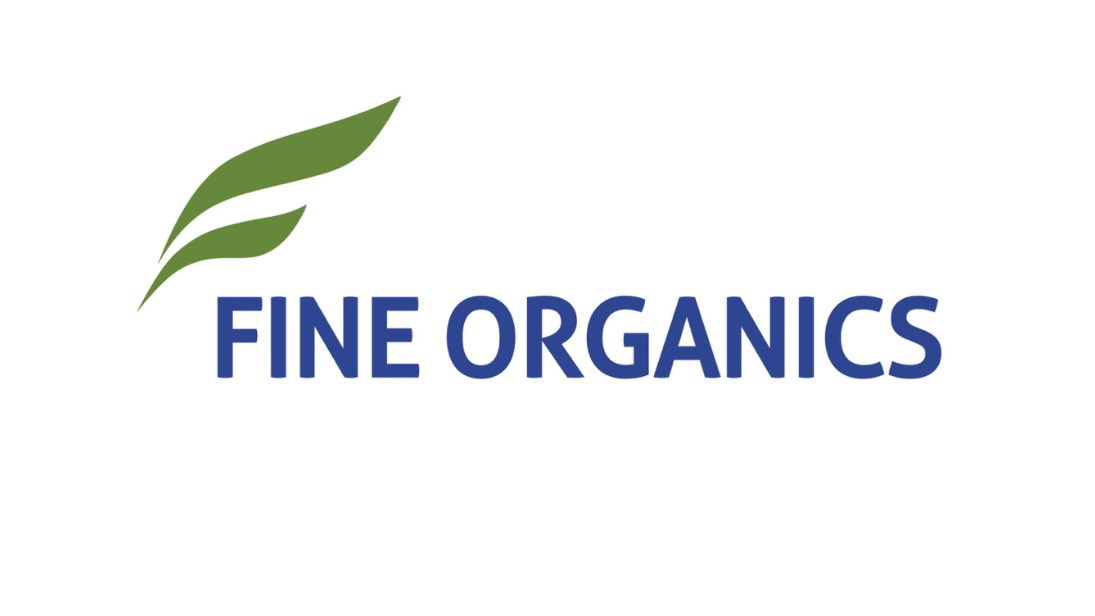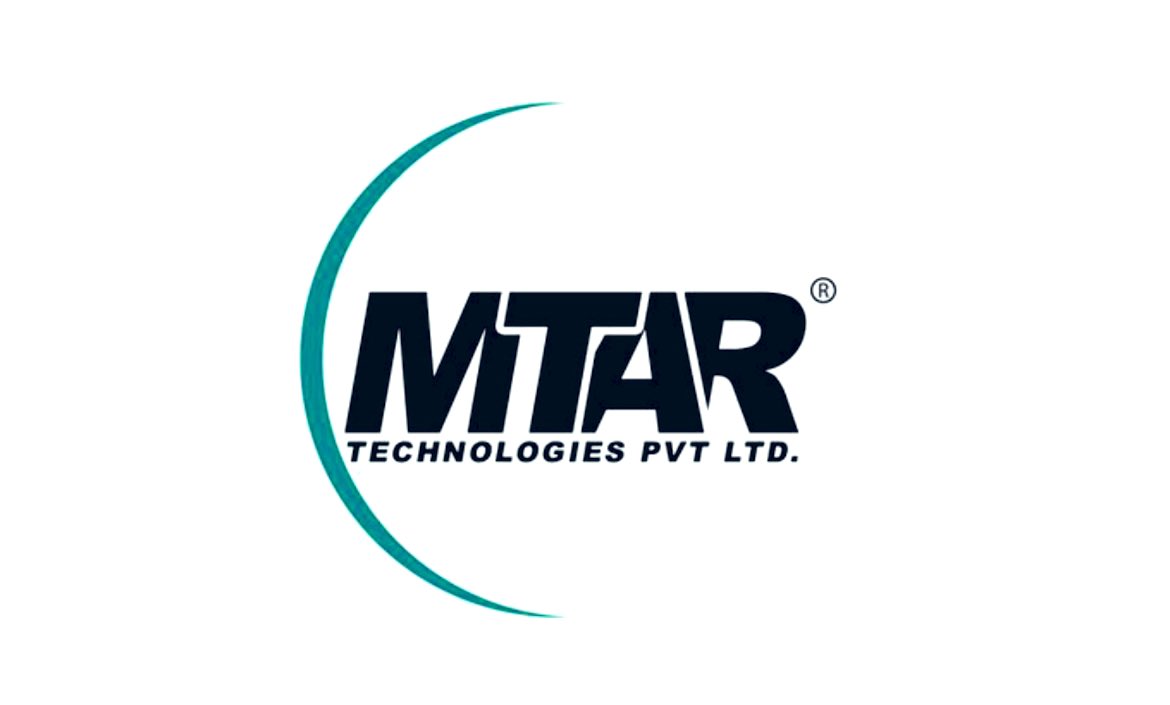
(1/18)
About:
TCIL is a pioneer and leading tinplate producer in India. It has a strong parentage from Tata Steel, helping them to manufacture best quality product along with efficient functioning.
It currently has a production capacity of 3,79,000 MTPA.
About:
TCIL is a pioneer and leading tinplate producer in India. It has a strong parentage from Tata Steel, helping them to manufacture best quality product along with efficient functioning.
It currently has a production capacity of 3,79,000 MTPA.
(2/18)
Company’s projection:
TCIL’s mgmt is expecting demand to increase by 6% annually to reach 770KT by 2024.
It is banking on the growing demand in the food packaging sector to fuel its sales.
Other segments that will support TCILs growth are Beverage, paints & aerosol.
Company’s projection:
TCIL’s mgmt is expecting demand to increase by 6% annually to reach 770KT by 2024.
It is banking on the growing demand in the food packaging sector to fuel its sales.
Other segments that will support TCILs growth are Beverage, paints & aerosol.
(3/18)
Strengths:
• The Tata Steel Factor:
Tata Steel owns 74.96% of TCIL, which provide financial support for their expansion plans. Besides financial support, TCIL leverages the parentage to drive synergies across all operations and business practices.
Strengths:
• The Tata Steel Factor:
Tata Steel owns 74.96% of TCIL, which provide financial support for their expansion plans. Besides financial support, TCIL leverages the parentage to drive synergies across all operations and business practices.
(4/18)
• Liquidity:
TCIL has remained debt free since FY2017. This acts as a credit positive for the company that operates in an industry with cyclical trends.
Strong earnings coupled with a reduction in the WC intensity has helped it to strengthen balance sheet liquidity.
• Liquidity:
TCIL has remained debt free since FY2017. This acts as a credit positive for the company that operates in an industry with cyclical trends.
Strong earnings coupled with a reduction in the WC intensity has helped it to strengthen balance sheet liquidity.
(5/18)
Demand outlook:
About 70% of the domestic tinplate is consumed for packaging of edible oil & processed food items. Hence its growth is linked to India’s food-processing industry, which is expected to grow, augmented by high growth in ecommerce, FDI inflow & retail.
Demand outlook:
About 70% of the domestic tinplate is consumed for packaging of edible oil & processed food items. Hence its growth is linked to India’s food-processing industry, which is expected to grow, augmented by high growth in ecommerce, FDI inflow & retail.
(6/18)
Oligopoly industry:
The domestic tinplate market remains oligopolistic with few participants, leading to a strong bargaining power enjoyed by the company with its customers, as reflected in its ability to swiftly pass on the impact of increase in raw material prices.
Oligopoly industry:
The domestic tinplate market remains oligopolistic with few participants, leading to a strong bargaining power enjoyed by the company with its customers, as reflected in its ability to swiftly pass on the impact of increase in raw material prices.
(7/18)
• The share of TCIL’s premium product portfolio, which includes value added/downstream products, has been increasing during the last few years, driven by increased focus on innovation & customer-centric approach. This led to better pricing flexibility & margin expansion.
• The share of TCIL’s premium product portfolio, which includes value added/downstream products, has been increasing during the last few years, driven by increased focus on innovation & customer-centric approach. This led to better pricing flexibility & margin expansion.
(8/18)
• Challenges:
Exposed to Cyclicality of steel sector:
While demand for tinplate is not directly correlated with steel cycles, the company remains exposed to earnings volatility due to volatility in scrap prices, which move in tandem with steel cycles.
• Challenges:
Exposed to Cyclicality of steel sector:
While demand for tinplate is not directly correlated with steel cycles, the company remains exposed to earnings volatility due to volatility in scrap prices, which move in tandem with steel cycles.
(9/18)
• The tinplate manufacturing process generates significant scrap and as a result, scrap sales as a proportion of OPBDITA have historically remained high and stood at around 82% in FY2021.
• The tinplate manufacturing process generates significant scrap and as a result, scrap sales as a proportion of OPBDITA have historically remained high and stood at around 82% in FY2021.
(10/18)
• Competition:
The demand for tinplate remains vulnerable to competition from cheaper packaging materials such as plastic, paper & glass.
The low duty structure on imports of tinplate exposes TCIL to competition as imports account for ~40% of the domestic demand.
• Competition:
The demand for tinplate remains vulnerable to competition from cheaper packaging materials such as plastic, paper & glass.
The low duty structure on imports of tinplate exposes TCIL to competition as imports account for ~40% of the domestic demand.
(11/18)
• Threat of Surplus:
The domestic tinplate capacity is expected to increase by around 35% of the current domestic market size. Thus, the tinplate market could see a surplus situation going forward, unless domestic demand increases gradually and absorbs new capacities.
• Threat of Surplus:
The domestic tinplate capacity is expected to increase by around 35% of the current domestic market size. Thus, the tinplate market could see a surplus situation going forward, unless domestic demand increases gradually and absorbs new capacities.
(12/18)
Import situation
Imports in FY22 reduced by 33% YOY owing to Steel & Steel Products' Quality Control Order
(SSPQCO) which has supported domestic suppliers
However, imports are expected to increase in H2 FY23 as more BIS certifications are awarded to Overseas suppliers.
Import situation
Imports in FY22 reduced by 33% YOY owing to Steel & Steel Products' Quality Control Order
(SSPQCO) which has supported domestic suppliers
However, imports are expected to increase in H2 FY23 as more BIS certifications are awarded to Overseas suppliers.
(13/18)
The year gone by:
TCIL recorded its best ever operational performance for the year under review. The Company reached highest ever gross production of 380KT vs 291KT in FY21.
It also achieved highest ever sales of 373.5KT, which is 18% higher than previous year.
The year gone by:
TCIL recorded its best ever operational performance for the year under review. The Company reached highest ever gross production of 380KT vs 291KT in FY21.
It also achieved highest ever sales of 373.5KT, which is 18% higher than previous year.
(14/18)
It’s EBITDA for FY22 is ₹ 54,019 lakh vs to ₹ 20,133 lakh in FY21 mainly due to higher realization and higher sales volume.
Consequently, profit after tax increased to ₹ 35,291 lakh in FY 2021‐ 22 from ₹ 9,815 lakh in FY 2020‐21.
It’s EBITDA for FY22 is ₹ 54,019 lakh vs to ₹ 20,133 lakh in FY21 mainly due to higher realization and higher sales volume.
Consequently, profit after tax increased to ₹ 35,291 lakh in FY 2021‐ 22 from ₹ 9,815 lakh in FY 2020‐21.
(15/18)
The company’s share price has a strong direct correlation wrt Tin prices. The recent meltdown in Tin futures has thus had an impact on the share price of TCIL.
The company’s share price has a strong direct correlation wrt Tin prices. The recent meltdown in Tin futures has thus had an impact on the share price of TCIL.
(16/18)
Bigger Picture:
The per capita consumption of tinplate in India is extremely low (0.49 kg) as compared to many developed countries (8 ‐12 kg per capita).
Factors such as FDI in retail & GOIs thrust in food processing & e-commerce will help to close that gap in future.
Bigger Picture:
The per capita consumption of tinplate in India is extremely low (0.49 kg) as compared to many developed countries (8 ‐12 kg per capita).
Factors such as FDI in retail & GOIs thrust in food processing & e-commerce will help to close that gap in future.
(17/18)
Financial Performance (vs FY21)
• Debt/Equity - 0.01 vs 0.02
• RoNW % - 34.99% vs 12.22%
• Net Profit Ratio - 8.30% Vs 4.3
• Int Coverage - 1.7% vs 5.6%
• OPM - 11.2% vs 6.1%
Financial Performance (vs FY21)
• Debt/Equity - 0.01 vs 0.02
• RoNW % - 34.99% vs 12.22%
• Net Profit Ratio - 8.30% Vs 4.3
• Int Coverage - 1.7% vs 5.6%
• OPM - 11.2% vs 6.1%
(18/18)
The Cyclicality of steel will come into play going forward along with the meltdown in Tin prices which will reduce its sales.
@caniravkaria @kuttrapali26 @aparanjape @Anshi_________
The Cyclicality of steel will come into play going forward along with the meltdown in Tin prices which will reduce its sales.
@caniravkaria @kuttrapali26 @aparanjape @Anshi_________
• • •
Missing some Tweet in this thread? You can try to
force a refresh










